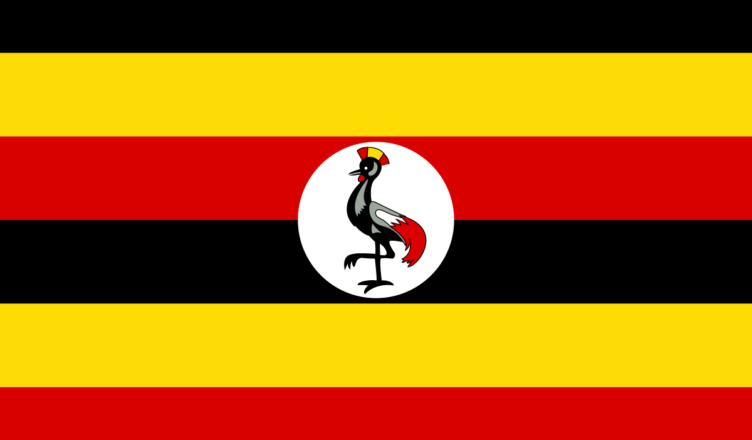It’s intriguing how some individuals firmly believe that the transformation of Uganda lies solely in the hands of a new occupant of State House, Entebbe. However, I would like to shed light on why this notion is not only reckless but also misguided. Before we embark on this discussion, I must emphasize that my perspective is one of impartiality.
I do not support the current NRM government, nor am I a supporter of any political party. My only voting experience took place in 1996.
Since then, numerous experiences have led me to question the efficacy of politics as a solution to societal issues and as a catalyst for change and development. Consequently, my viewpoint stems from a place of disinterest, allowing me to approach the subject objectively without emotional attachments to either maintaining or removing Mr. Museveni from power.
It is my belief that such emotions hinder us from conducting a sober analysis of our true challenges and finding feasible remedies.
In the past, our predecessors held the belief that expelling the white colonizers was the ultimate solution to rectifying the myriad of problems they faced. I am not suggesting that the white man’s rule and subjugation of the local population were ideal for the management of African nations. Quite the contrary.
However, I pose the question: Was it truly the best course of action to expel the white man when we did? Would it not have been wiser for our ancestors to learn from their colonizers’ management of the complex amalgamation that was Uganda, rather than hastily severing ties?
Perhaps they viewed expelling the white man as the more challenging of the two tasks, while the simpler one involved acquiring the skills to effectively govern a nation.
It is possible that our forefathers never even contemplated the notion of efficient governance. Their main focus may have been on the belief that having one of our own lead an African nation would be preferable and more widely accepted than being ruled efficiently by a foreigner.
What an imprudent and naive comparison! Perhaps someday we will engage in a separate discussion on the merits of being governed haphazardly by a local leader who learns on the job versus being governed efficiently by an experienced, but potentially heavy-handed, foreigner.
Foreign national sports teams in many African nations have likely settled this debate long after independence, and currently, no one is complaining.
Eventually, we may conclude that effectively managing a disorganized nation like Uganda requires a degree of assertiveness. Furthermore, we will undoubtedly engage in debates regarding the appropriate level of assertiveness needed.
Unfortunately, I do not witness any visible and deliberate efforts invested in learning how to efficiently and effectively govern Uganda from those who believe that Mr. Museveni’s leadership has been inadequate. Undoubtedly, he has made mistakes, as any leader would.
Mr. Museveni himself may have initially believed that once he removed Milton Obote and his ilk from power, Uganda would smoothly transition, fueled by good intentions and a solid ideology.
Yet, he now grapples with the challenge of curbing corruption within his own ranks. It is doubtful that he knows precisely when and where the rain began to beat him and his comrades from 1986.
This should serve as a lesson, one that unfortunately often goes unheeded: Uganda is a difficult nation to govern and stubborn to fix. Our primary focus should be investing time and energy into understanding how to govern effectively and pinpointing the root causes of our problems. We must ask ourselves: Where did past leaders fall short?
Mr. Museveni remains a crucial figure in our pursuit of a solution. It is imperative that he shares the major bottlenecks he has encountered and enlightens us on the challenges of combatting corruption. The assumption that Mr. Museveni wakes up each morning with the intent to derail Uganda and lead it astray is devoid of logical reasoning.
Such accusations often stem from politicians seeking to mislead a population that has been influenced by underfunded universal primary education—an influence that I, personally, did not experience.
It is highly probable that our next leader will repeat the same mistakes as Mr. Museveni. In their pursuit of winning elections, they are unlikely to demand that Ugandans undertake the necessary difficult tasks or implement the imperative changes that can propel our nation towards improvement and organization.
This is precisely why we do not witness anyone in the Opposition urging Ugandans to refrain from littering or to fulfill their tax obligations.

